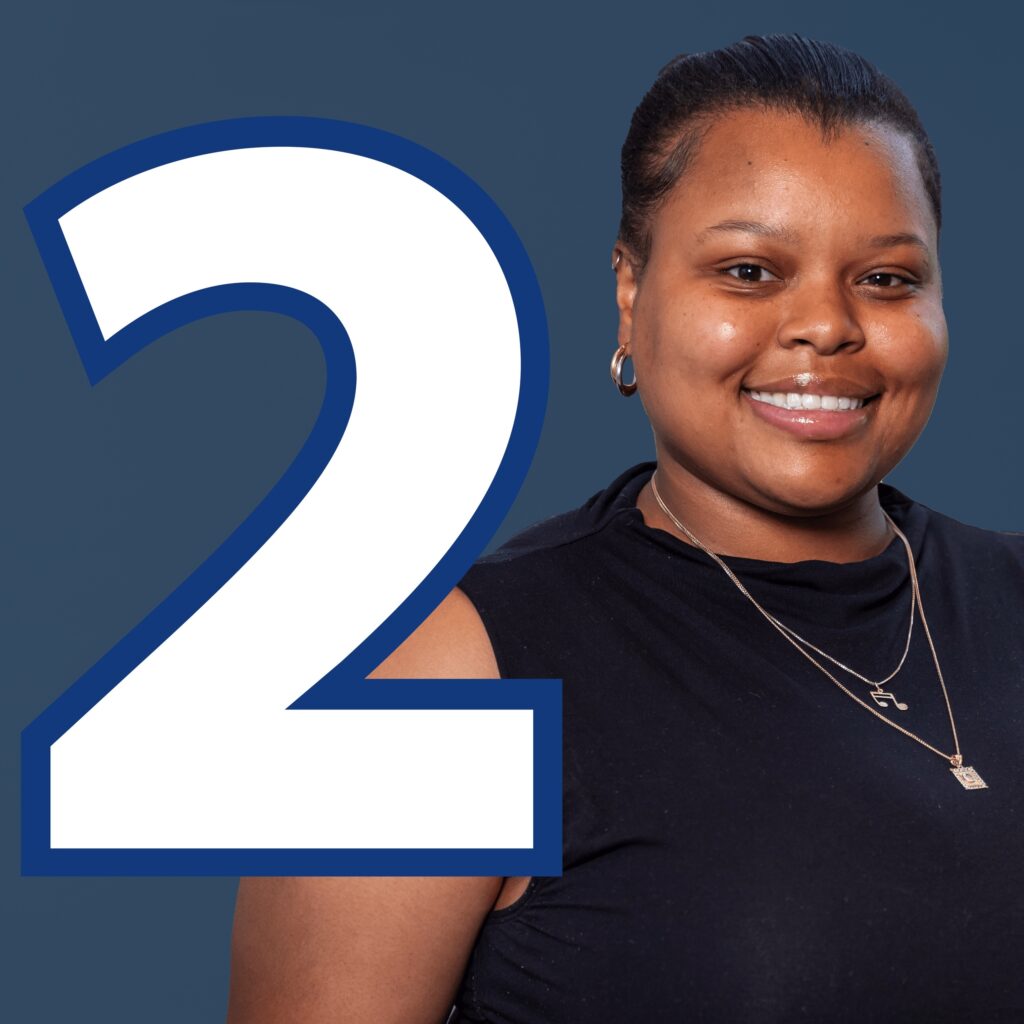South Piedmont Community College is committed to ensuring that no qualified individual is excluded from, denied the benefits of, or subjected to discrimination under any college program or activity. In accordance with Section 504 of the Rehabilitation Act of 1974, the Americans with Disabilities Act (ADA), and state law, Accessibility Services are facilitated and processed by counselors. Our processes consistently take place through an open and ongoing interactive process that is required by these laws.
The goal of our interactive process is to help the college ensure that students with disabilities are provided with equal access and opportunity to participate in courses and programs. This process always begins with active engagement with the student applying for accommodations and meeting with a South Piedmont counselor, and may include consultation with faculty, staff and other accessibility professionals in the field. Its purpose is to help determine and implement appropriate, individualized academic accommodations for students. Counselors also serve as an ongoing resource to students and faculty to help them understand their roles and obligations in the provision of approved accommodations.
Steps to Request Services


Complete an Intake Application for Accommodations
Fill out the Accessibility Services: Intake Application (You must have/use your South Piedmont credentials to login.)


Submit Documentation
As part of your application, you will provide supporting documentation. You can either attach the required documentation to your Intake Application or email your documents to counselors@spcc.edu.
Please see our documentation guidelines that you may give to your provider.


Schedule an Intake Meeting with a Counselor
Schedule your intake meeting by clicking on this link: https://kiosk.na6.qless.com/kiosk/app/home/132
Some accommodations may not be applicable or cannot be approved in a college level course, despite having being approved and provided in the student’s K-12 educational settings. To be reasonable, it must not create an undue financial or process burden for the college, or require a fundamental change to the nature of a course, program or its intended learning outcomes. Please see the below document to learn more about the differences between high school and college accessibility services.


